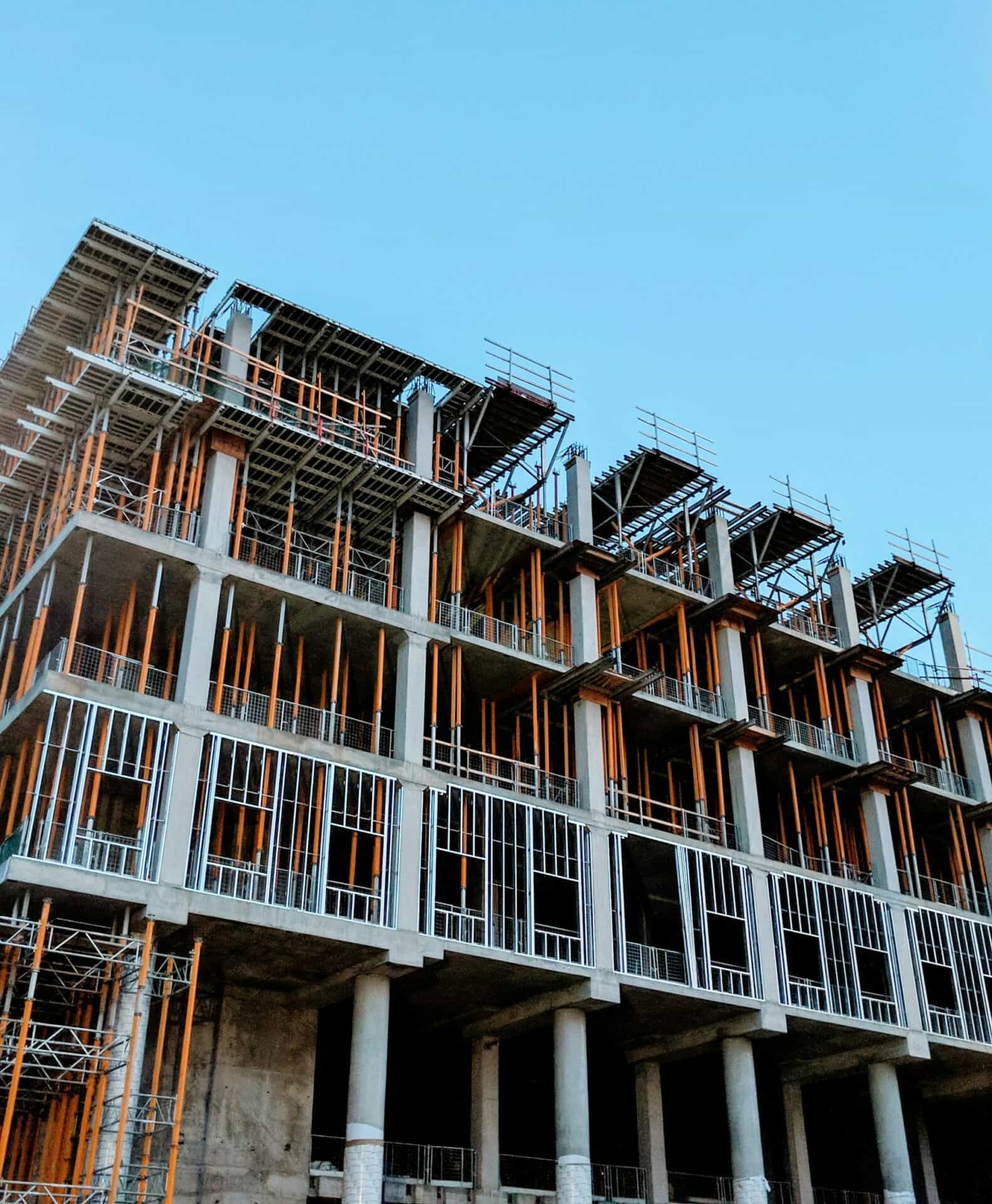As we approach the end of the financial year 2018, Duo Tax Quantity Surveyors look back to see the impact and reach of legislation. In summary, most investors have no idea about the changes. The change can result in losing up to $50,000 worth of tax deductions without understanding their eligibility criteria. Making it more critical than ever to have the QS determine the feasibility of depreciation on any rental property.
Well before the recent legislation changes to depreciation on rental properties, most would already question the feasibility of obtaining depreciation. The problem is only worse with the evermore stringent rulings. The legislation effectively will disallow property investors from claiming depreciation if they purchase or exchange contracts after the Budget night. The Federal Budget Night took place at 7:30 pm on the 9th of May 2017 and outlined proposals to amend legislation.
It’s worthwhile noting that legislation changes only affect Plant and Equipment or Fixtures and Fittings. This is Division 40 of the Income Tax Assessment Act and has no bearing on Capital Works or Building Allowance depreciation claims.
With the recent changes, it becomes even more difficult to ascertain if a depreciation schedule is viable for you adequately.
Legislation changes affecting Depreciation in a nutshell
To give you a quick rundown of the legislation changes, we have listed below the key changes to identify ineligibility:
- Depreciation on the fixtures and fitting you can no longer claim if:
- You purchase this property second-hand (not brand new).
- You purchase this property after the 9th of May, 2017.
- You made this purchase before the 9th of May 2017; however not made available for rent in the 16-17 Financial Year.
Under what circumstances would I qualify for depreciation? Here are a few examples:
- You purchased the property well before the 9th of May 2017 and made it available for rent since the purchase.
- You purchase the property either before or after Budget night, and it is built after 17th September 1987.
- You purchased the property after Budget Night. However, it was built before the cut-off date of 17/09/1987, but major renovations have been undertaken by you or others before you.
- The property you purchase is not owned by individuals or a Self Managed Superannuation fund but by another entity, i.e. company.
- The property you purchase operates as commercial property and will be eligible for depreciation regardless of whether it is new or second-hand.
Under what circumstances would I be disqualified for depreciation? Here are a few examples:
- You purchased the property well before Budget Night. However, between 1/7/16 and 30/6/17, you did not attempt to rent it out.
- You purchased the property well before Budget Night. You may have had it for rent; however, switch it to owner-occupy. When switching it back to investment, you will disqualify yourself from claiming depreciation on fixtures and fittings but may still claim capital works (building depreciation).
- You purchase the property after Budget night, and the building is built well before 1987 (no capital works deductions).
- You purchase the property after Budget Night, and there are no notable renovations or improvements.
The above cases are difficult to identify if you do not have the right research and real-estate tools to identify them. That is why Duo Tax Quantity Surveyors can provide a free consultation to give you hard facts about your property’s build date, purchase date and even look up renovations. Relying on these facts and online database photos of your property, we can provide guaranteed deductions before commencing any work. This gives every client of ours tax-deduction guarantees before the job starts. Resulting in 100% customer satisfaction each and every time.
There is much complexity that revolves around tax depreciation and these new changes. The soundest advice we can offer all property investors is to ask a Quantity Surveyor the question:
“This is my investment property’s address and what is my entitlement as a tax payer?”
Click here and contact us to ask your question or try our Depreciation Calculator.

Ready to get started?
Talk to one of our friendly property experts to get a free quote or more Information.










